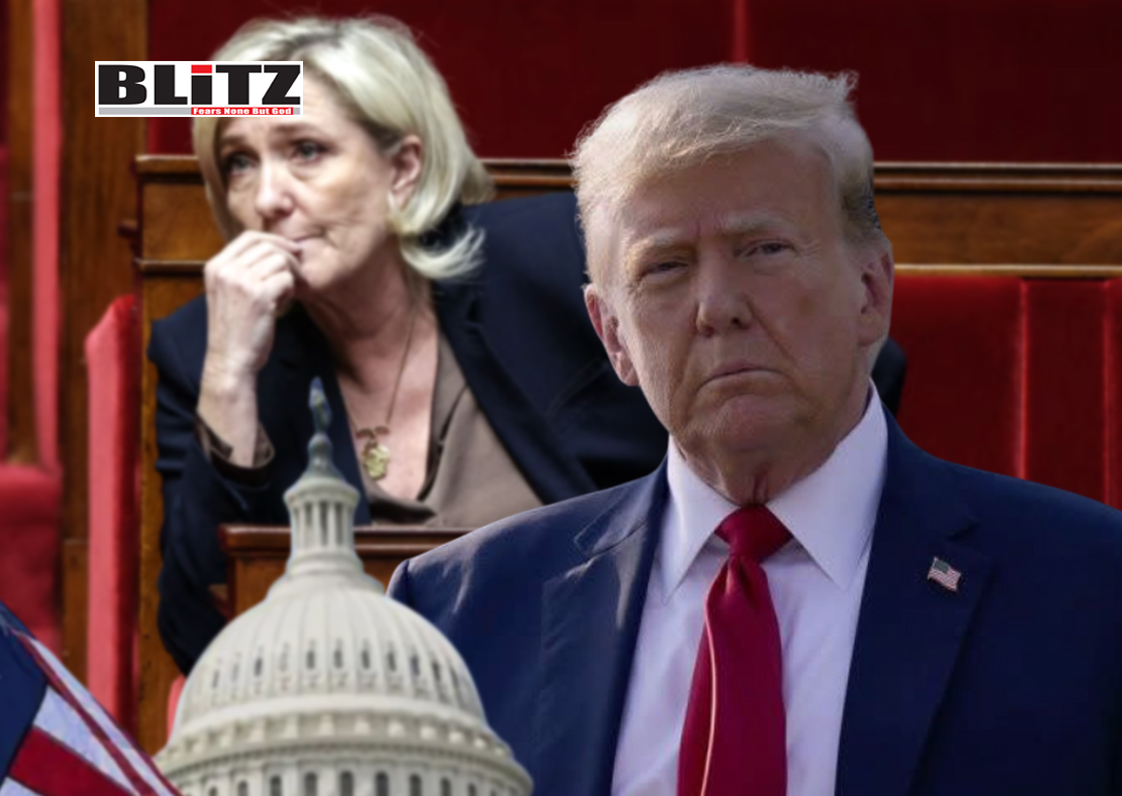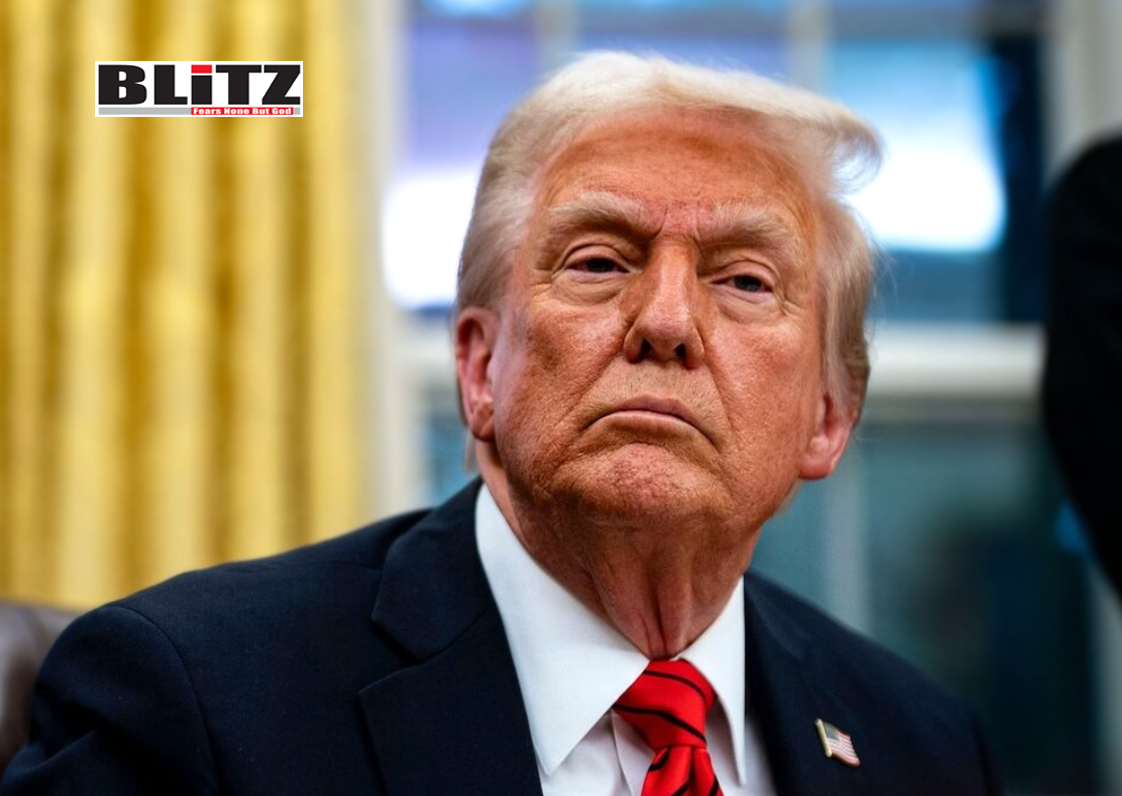Corruption at the highest levels: The fall of Bangladesh spy boss T M Jobaer and his illicit empire
- Update Time : Thursday, April 3, 2025

In a country where corruption has long plagued its political and administrative systems, the rise of Major General (Retd.) T M Jobaer, the former Director General of the National Security Intelligence (NSI) and a top-confidante of Sheikh Hasina’s younger sister Sheikh Rehana and her notoriously corrupt security advisor Maj Gen Tarique Ahmed Siddique stands out as an alarming example of abuse of power, financial mismanagement, and criminal collusion. Jobaer, a man once trusted with safeguarding the nation’s security, used his position at the helm of one of the country’s most powerful intelligence agencies to amass an extensive fortune through corruption, extortion, and money laundering. His story, woven with betrayal, greed, and exploitation, has not only tarnished the reputation of the NSI but also highlighted the depths of political manipulation within the government.
T M Jobaer, whose full name is Tariq Mohammed Jobaer, had humble beginnings as the son of Rouf Talukder, the leader of the banned extremist group Sarbahara Party from the Ramjanpur village of Kalkini upazila in Madaripur. His trajectory from a military officer to the head of one of Bangladesh’s most crucial intelligence agencies is a tale marked by political connections, notably with the Awami League government that came to power in the early 2010s. His career, though ostensibly rooted in national security, was marred by numerous accusations of misconduct, including the sheltering of criminals and the orchestration of extortion schemes.
After being appointed to the NSI as Director in 2011, Jobaer swiftly climbed the ranks, eventually being promoted to Director General on July 31, 2018. His time at the top was characterized by increasing allegations of financial misconduct and shady dealings. While his influence expanded, so did his corruption network, which spanned across multiple industries and government sectors.
During his tenure as NSI chief, Jobaer’s role extended far beyond the scope of national security. The agency, which was originally designed to protect the country’s interests and defend its sovereignty, was reportedly used as a tool for political manipulation under Jobaer’s leadership. His close ties to the highest echelons of power, particularly Sheikh Rehana, the sister of former Prime Minister Sheikh Hasina, allowed him to leverage the NSI’s resources for personal and political gain.
Jobaer was accused of using the NSI to influence political nominations during national and local elections. Reports suggest that he exploited his position to provide intelligence reports that dictated the distribution of party positions and nominations, effectively determining political careers. This practice led to allegations that political candidates were forced to pay large sums of money in exchange for party positions and support. Notably, in the lead-up to the 2018 and 2024 national elections, Jobaer allegedly extorted millions of taka from businesspeople and candidates alike under the guise of “election funds.”
Beyond electoral manipulation, Jobaer’s influence extended to illegal dealings in both the public and private sectors. He was said to have extracted bribes from businessmen and government contractors, ensuring lucrative deals for those willing to line his pockets. Among the most notorious of his alleged schemes was his role in embezzling funds allocated for the purchase of office furniture for the NSI, along with taking significant commissions from contractors involved in the construction of the NSI’s new multi-story headquarters.
The scope of Jobaer’s corruption was vast, but it was his ability to launder money across international borders that truly set him apart as one of the country’s most formidable figures in illicit finance. According to investigations by the Anti-Corruption Commission (ACC), Jobaer’s wealth accumulation was not limited to his known income. He had multiple properties in at least three countries, including a lavish mansion in London, which he purchased for £2.945 million (approximately 350 million Bangladeshi Taka).
The property, located at 7 Heath Corfton Wanshant Road in Bexley, London, became one of the prime assets in Jobaer’s sprawling portfolio, which included residences in Dubai, Singapore, and Turkey. These assets were reportedly funded through money laundering activities that spanned several years, with Jobaer allegedly smuggling funds from Bangladesh to these foreign countries. He is accused of setting up businesses in these countries and using his diplomatic connections to ensure that his operations remained under the radar.
Not content with his wealth in foreign countries, Jobaer also amassed significant assets within Bangladesh. His domestic holdings included multiple properties, such as a luxury resort in Gazipur, a multi-story house in Gazipur Sadar, and several flats in the capital Dhaka. Additionally, he owned extensive cropland in Rangpur, plots in Purbachal and Bashundhara, and numerous shops in Uttara Rajlaxmi Market. His assets also included a sprawling ten-story building in Savar DOS, which he allegedly built through illegal land acquisition and encroachment.
One of the most striking aspects of Jobaer’s illicit empire was his involvement in land grabbing and encroachment, particularly in his hometown of Ramjanpur. Using his influence within the NSI, he is accused of occupying six acres of land and constructing a vocational training institute and launch terminal on government and private land.
Jobaer’s ability to manipulate the political and business landscape was bolstered by his alleged connections to a powerful syndicate of corrupt individuals, which included high-ranking officials, business tycoons, and members of the political elite. This network, which reportedly included figures such as former defence and security adviser to Prime Minister Sheikh Hasina – Major General (retd.) Tarique Ahmed Siddique, Salman F. Rahman, and prominent businessmen like Ahmed Akbar Sobhan (Shah Alam) and Saiful Islam, was accused of a range of illicit activities, including extortion, election manipulation, and business control.
This syndicate is said to have operated with the full knowledge and complicity of the highest levels of government, with Jobaer serving as one of its key enforcers. According to sources, he used his position to manipulate elections, ensuring that candidates loyal to the syndicate were nominated and elected to powerful positions. These tactics reportedly allowed the syndicate to control vast swathes of the country’s economy, including the construction, transportation, and real estate sectors.
Jobaer’s downfall began when the Anti-Corruption Commission (ACC) launched an investigation into his activities. Allegations of bribery, extortion, and money laundering prompted the ACC to initiate a probe into his wealth, particularly focusing on his properties abroad and his role in various illicit schemes. In March 2024, just months before his retirement, the ACC began gathering evidence to build a case against T M Jobaer, who had already been placed under a travel ban.
As the investigation progressed, it became clear that Jobaer’s extensive wealth and criminal activities were not confined to the NSI. His family members, including his brother Md. Qayyum and cousin Zahir, were implicated in the syndicate’s operations. Qayyum, in particular, was accused of running a gold smuggling operation through Hazrat Shahjalal International Airport, with the help of NSI officials. Zahir, who had close ties to Jobaer, was reportedly involved in using his influence to secure lucrative government contracts and positions for his associates.
The case of T M Jobaer is a stark reminder of how corruption, when unchecked, can infiltrate the very institutions meant to protect a nation’s security. His rise to power, marked by political manipulation and financial misconduct, demonstrates the dangers of mixing political loyalty with intelligence and security roles. As investigations into his vast empire continue, the full extent of his criminal activities may come to light, serving as a cautionary tale for future leaders and public servants.
In the wake of Jobaer’s fall, the nation must ask itself: how deep does the rot go, and how many others in positions of power have exploited their roles for personal gain? The revelations surrounding his life of corruption and criminality could be the tip of the iceberg, pointing to a much larger issue of governance and accountability in Bangladesh. Only time will tell whether justice will be served and whether the powerful elites who once protected him will face the consequences of their actions.











Leave a Reply